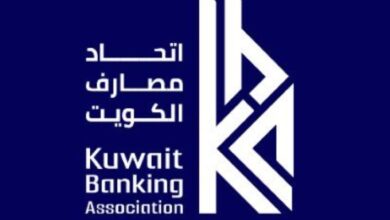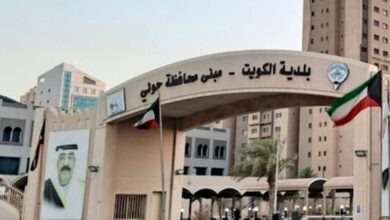BusinessFeaturedKuwait News
Easing foreign ownership rules to turbocharge Kuwait’s financial strength
While streamlining licensing procedures will improve the business environment and attract diverse investments to the state, emphasizing the digital economy and enhancing data quality will save time and boost productivity.
-
In 2023, Kuwait surged 26 places on the Global Financial Centers Index compared to 2022, showcasing significant improvement as its index value rose by 72 points
-
The index indicates Kuwait’s classification and level stability despite advancements in its financial position and ranking over the past two years.
The Global Financial Centers Index report for the year 2023, issued by the National Observatory for Sustainable Development and Future Foresight of the General Secretariat of the Supreme Council for Planning and Development, emphasized the need to ease restrictions on foreign ownership of companies to bolster Kuwait’s financial position.
The report outlined ten recommendations to enhance and develop Kuwait’s financial position. These recommendations included streamlining licensing procedures to enhance the business environment and establishing a comprehensive electronic portal to support the financial sector and investment in the country. The recommendations were as follows:
- Implementing reforms to enhance governance and the business environment, fostering competition, and encouraging investment. This includes easing foreign ownership restrictions and improving land allocation mechanisms for longer commercial leases.
- Streamlining licensing procedures to enhance the business environment and create more opportunities to attract diverse investments to the state.
- Providing advisory support across various areas of digital transformation to achieve strategic goals and enhance performance.
- Emphasizing the significance of the digital economy and enhancing data quality to save citizens time and boost productivity.
- Developing national capabilities and competencies, enhancing skills to deliver top-notch services, and establishing performance indicators to ensure quality and efficiency in government services.
- Creating an advanced and sustainable infrastructure aligned with global ambitions and developments. This will enhance the country’s global position through increased cooperation with leading countries and international organizations in this field.
- Providing an integrated electronic portal to serve the financial and investment sectors in the country contributes to supporting economic growth and streamlining import-export operations.
- Achieving economic sustainability involves developing the country’s investment sectors, diversifying the production base, and expanding sources of income.
- Establishing an automated system to connect local financial centers with global financial centers and creating an integrated communication network between them.
- Enhancing training and professional development methods to elevate the performance level of workers across all financial and banking sectors in the country.
In 2023, Kuwait surged 26 places on the Global Financial Centers Index compared to 2022, showcasing significant improvement as its index value rose by 72 points. The index also indicates Kuwait’s classification and level stability despite advancements in its financial position and ranking over the past two years.
Five Areas of Competitiveness
The Financial Centers Index measurement relies on five areas of competitive ability, outlined as follows:
- Human capital: Its indicators monitor the availability of a skilled workforce, labor market flexibility, educational system quality, business administration, workforce skills, and quality of life.
- Infrastructure: Its indicators assess the availability of administrative real estate spaces in the city and public transportation availability.
- Financial sector development: Its indicators evaluate trading volume and value in capital and other financial markets, as well as the influence of financial services companies in these markets, alongside employment and economic production indicators.
- Business environment: Its indicators evaluate administrative systems, tax rates, corruption levels, economic freedom, and overall ease of doing business.
- Reputation: Its indicators assess innovation, brand appeal, cultural diversity, and competitive positioning.












